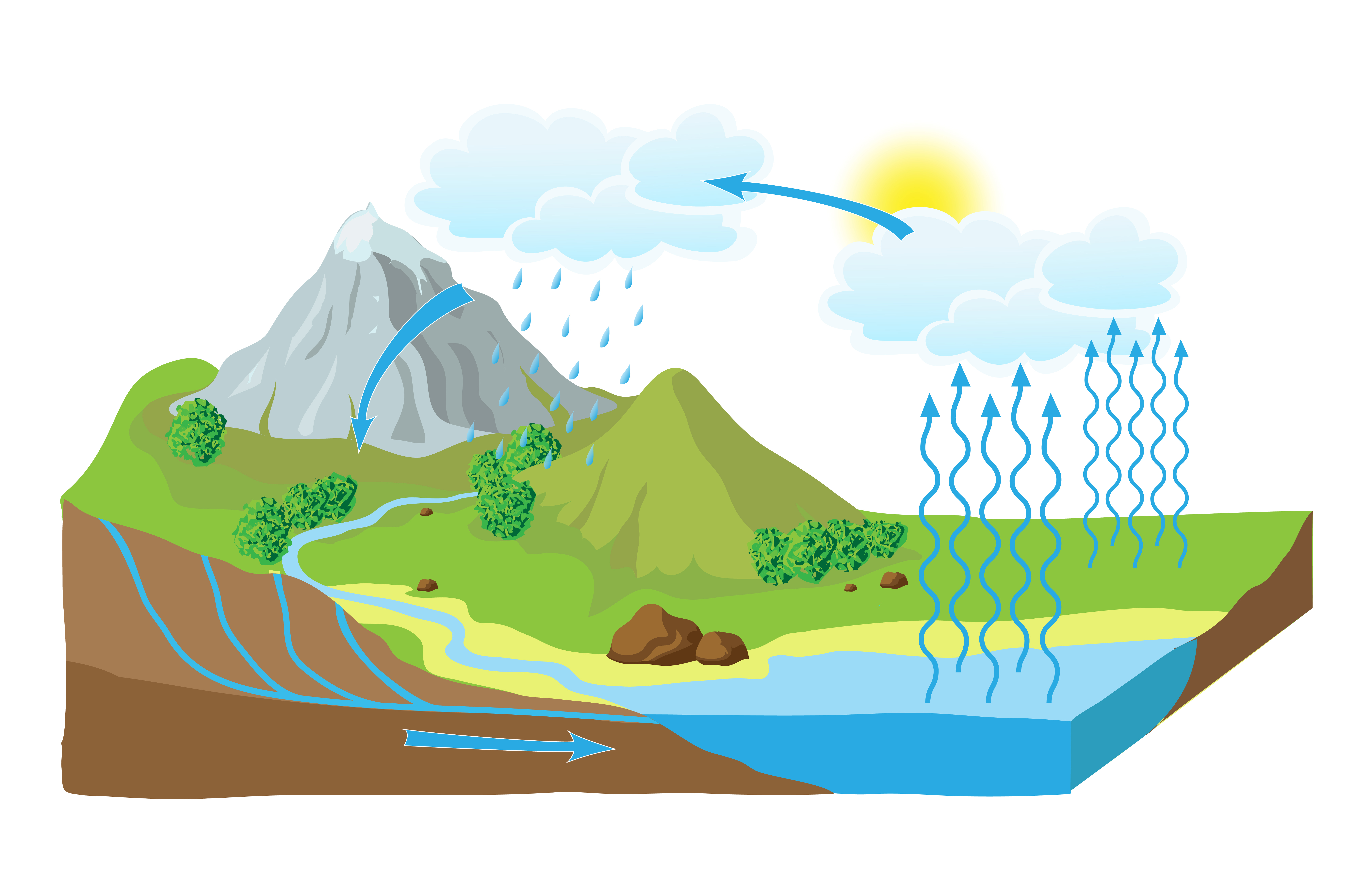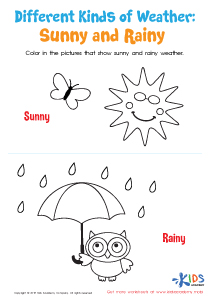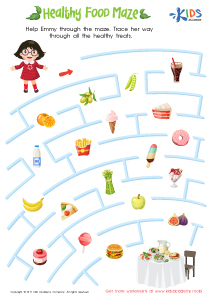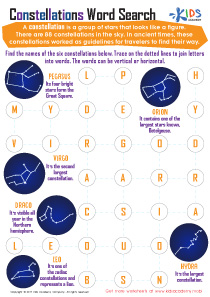Easy Physical Science Worksheets for Ages 6-9
5 filtered results
-
From - To
Discover our collection of Easy Physical Science Worksheets designed specifically for ages 6-9! These engaging printables offer young learners a fun and interactive way to explore key concepts in physical science. Covering essential topics such as forces, energy, and matter, our worksheets encourage creativity and critical thinking through colorful illustrations and straightforward exercises. Perfect for classroom activities or at-home learning, these resources will help kids develop a solid understanding of scientific principles while enjoying hands-on experiments and tasks. Empower your child’s love for science today with our user-friendly and educational worksheets that foster curiosity and excitement in the world around them!
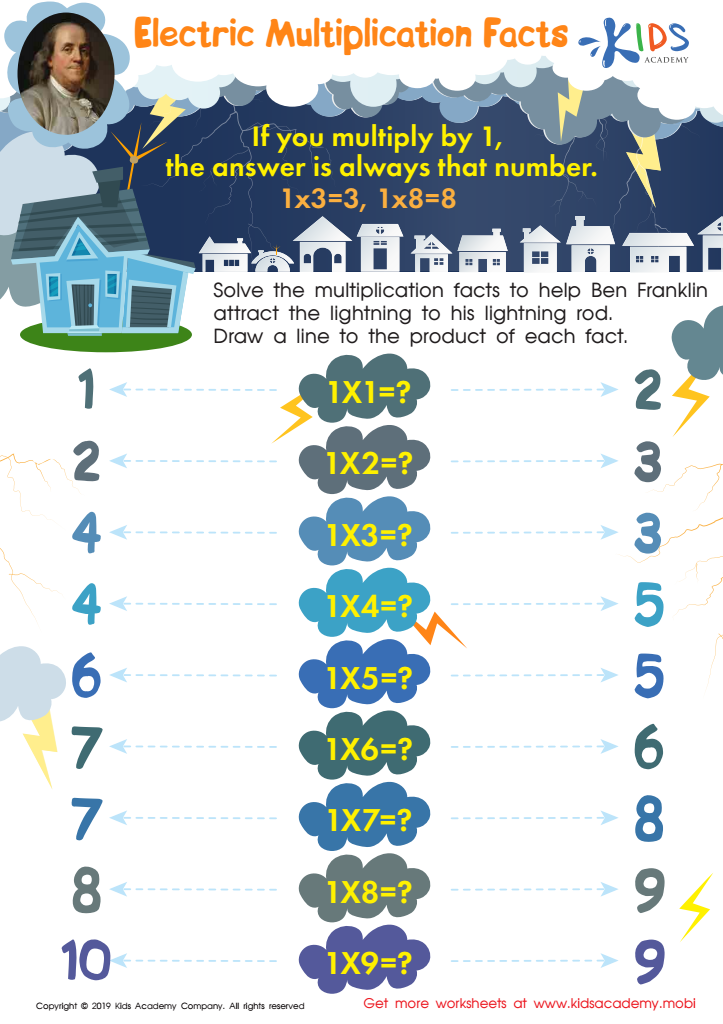

Electric Multiplication Facts Worksheet
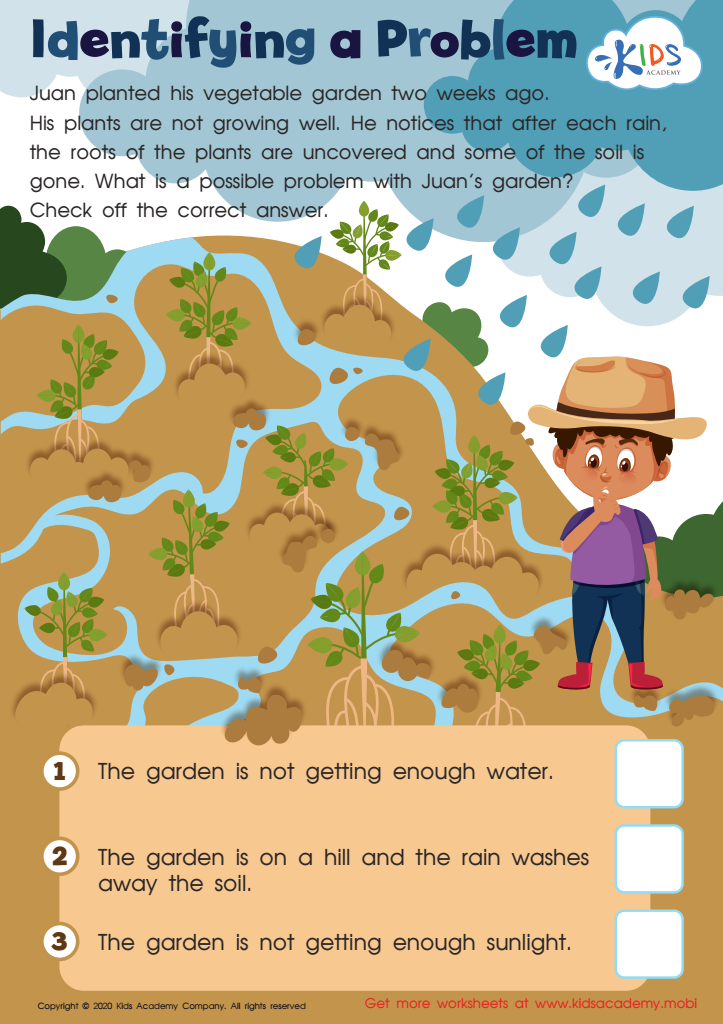

Identifying a Problem Worksheet
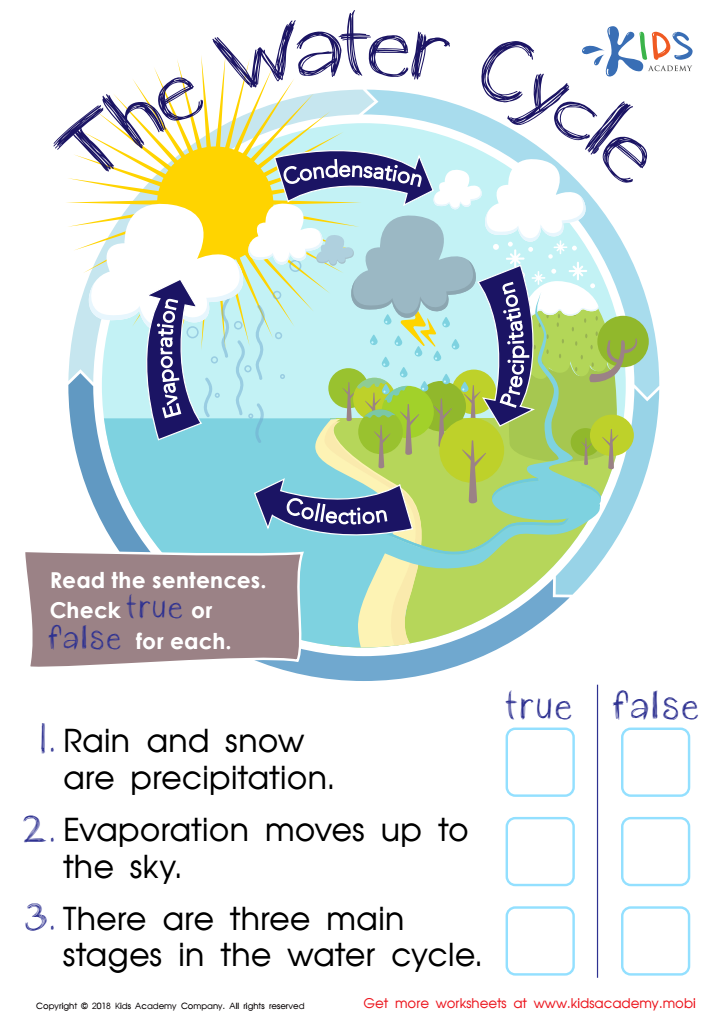

The Water Cycle Worksheet
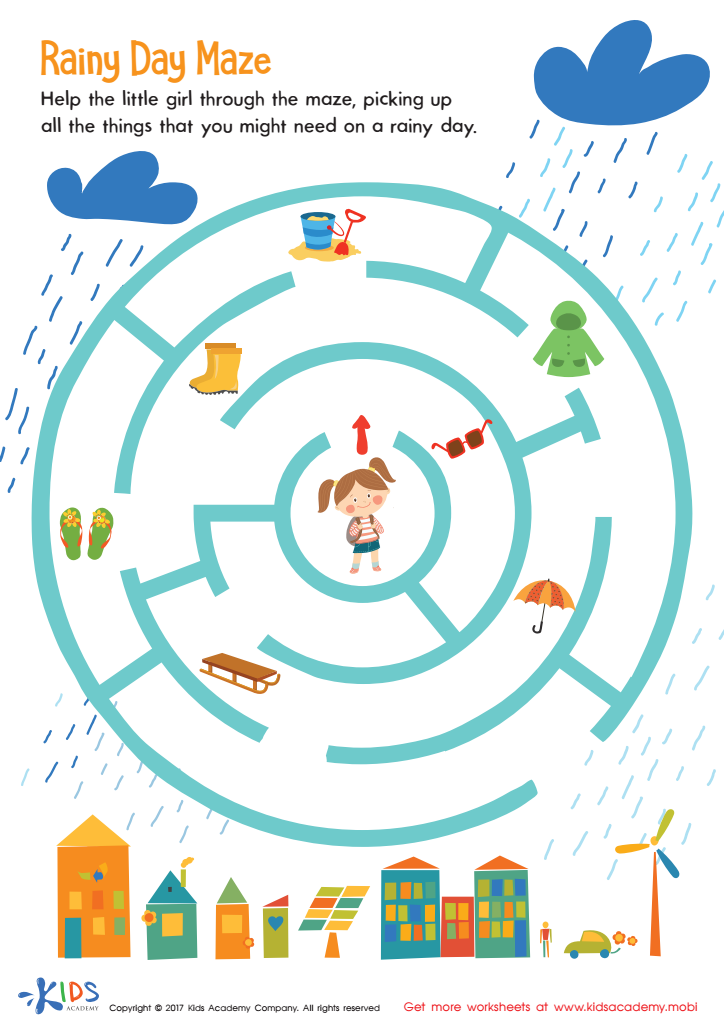

Rainy Day Maze Worksheet
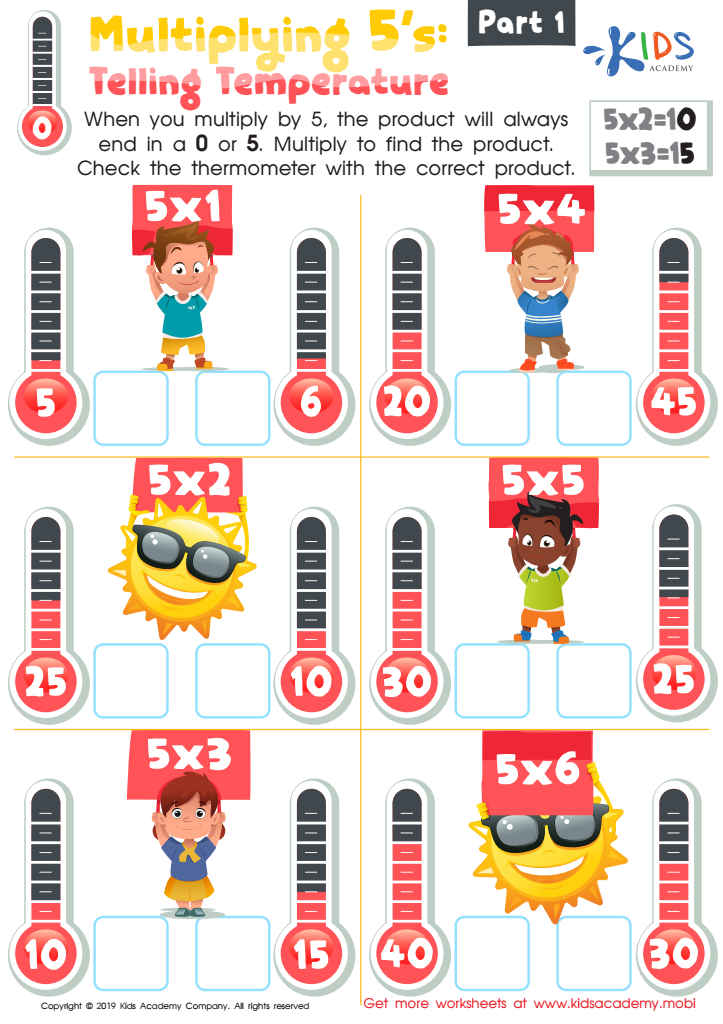

Multiplying 5’s: Telling Temperature Worksheet
Parents and teachers should prioritize Easy Physical Science for Ages 6-9 because this stage of development is crucial for fostering curiosity and foundational STEM skills. First, children are naturally inquisitive and eager to understand the world around them. Introducing simple physical science concepts enhances their observational skills and shapes their ability to ask questions, which is essential for lifelong learning.
Additionally, engaging children with easy-to-understand scientific principles can help demystify complex subjects like gravity, motion, and energy. By turning abstract ideas into relatable experiments and activities, children grasp key concepts and boost confidence in problem-solving.
Moreover, early science education promotes critical thinking and encourages creativity. Exploring physical science can lead to innovative thinking as children learn to hypothesize, experiment, and draw conclusions. This exploration can also support other subject areas, like math and literacy, by developing analytical skills and enhancing vocabulary.
Finally, fostering a love for science in early childhood can stimulate persistence and resilience–crucial attitudes for success in any field. By advocating for Easy Physical Science, parents and teachers cultivate a generation of scientific thinkers, preparing them for a world increasingly driven by technology and innovation.
 Assign to My Students
Assign to My Students





